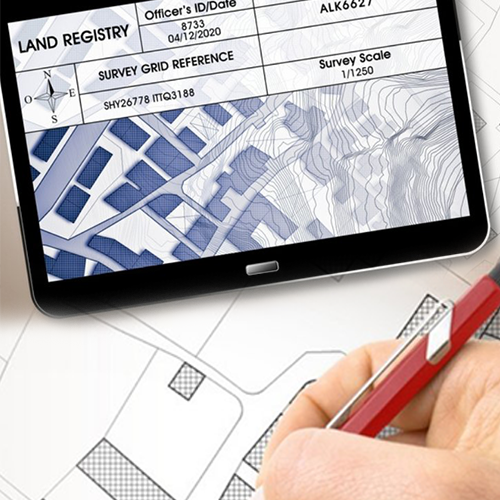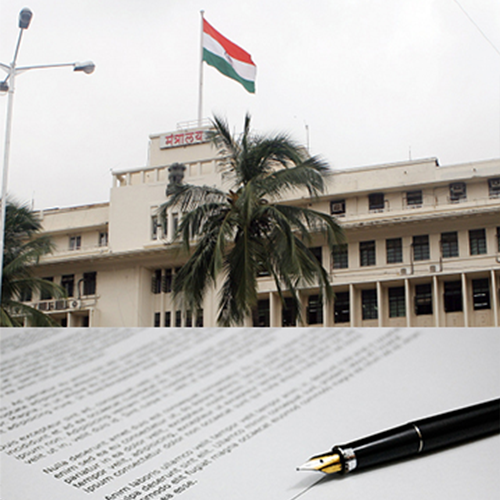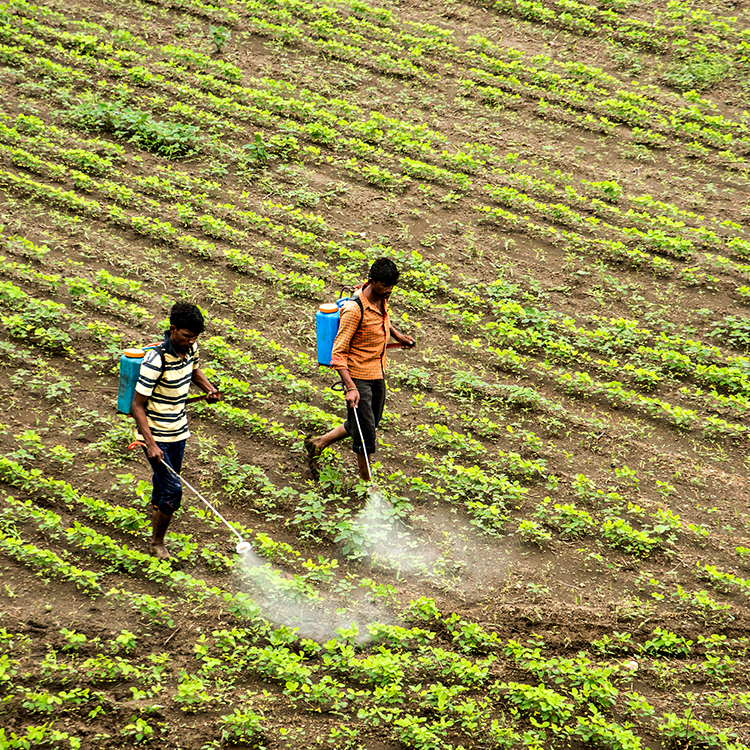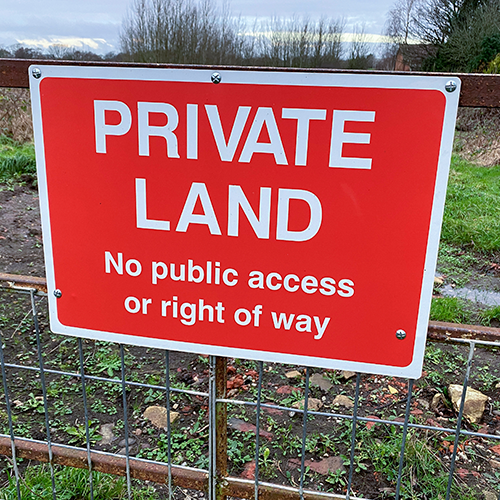Navigating Land Development Regulations in Maharashtra

Introduction:
Development of land involves various operations aimed at changing its use or physical characteristics. This article explores the regulations and procedures governing land development in Maharashtra, India, focusing on the conversion of agricultural land, control measures, and planning frameworks.
Definition and Scope of Development:
Development encompasses building, engineering, mining, or other activities that alter the land's use or physical attributes. This includes constructing infrastructure, laying utilities, and making significant changes to buildings or land use.
Conversion of Agricultural Land:
Before initiating any development, agricultural land must be converted for the intended purpose. The district collector holds the authority to convert land from agricultural to non-agricultural use and vice versa, subject to prescribed procedures.
Control Measures for Development:
Control on development is crucial to ensure optimal land use and sustainable growth. Regulations aim to:
- Utilize land for suitable purposes, considering public and private interests.
- Provide adequate transportation infrastructure.
- Concentrate building development where services can be efficiently supplied.
- Reserve open spaces and preserve natural landscapes.
- Protect historical monuments and cultural heritage.
Maharashtra Regional Town Planning Act, 1966:
This act empowers the state government to regulate development effectively. Key provisions include:
- Establishment of Regional Planning Boards to prepare regional plans and designate sites for new towns.
- Mandatory preparation of development plans by local authorities to regulate land use within their jurisdictions.
- Requirements for surveys, existing land-use mapping, and preparation of development plans.
- Formation of Town Planning Schemes for effective implementation of development plans.
Regional Planning:
Regional planning aims to regulate development around metropolitan centers and urban areas. Regional plans address various aspects, including land allocation, open space reservation, transportation, utilities, industrial zones, and heritage preservation.
Zonal Classification in Regional Plans:
Regional plans divide land into zones such as urbanizable, industrial, recreational, forest, and green zones. This classification guides development activities and ensures coherent regional growth.
Development Control within Planning Authority Limits:
Development within planning authority limits must adhere to detailed land use provisions outlined in development plans, town planning schemes, and related regulations. This ensures consistency with planned urban development.
Development Control outside Planning Authority Limits:
In areas outside planning authority jurisdiction, development must conform to land use plans and regulations enforced by Special Planning Authorities like City and Industrial Development Corporation (CIDCO), Maharashtra Housing and Area Development Authority (MHADA), etc.
District Collector's Role:
In areas without regional or planning authority oversight, the district collector grants or denies development permissions based on standardized building bylaws and development control rules.
Conclusion:
Regulating land development is crucial for balanced and sustainable growth. Through comprehensive legislation, regional planning frameworks, and strict control measures, Maharashtra aims to optimize land use, preserve natural resources, and promote orderly development. Understanding and compliance with these regulations are essential for developers, local authorities, and landowners to contribute to responsible and organized urbanization.







